Have you ever imagined yourself wandering the streets of Rio de Janeiro? Or standing in front of the gigantic Christ the Redeemer? If you have, then you will find today's article very interesting.
In today's article, we will conduct a PESTLE Analysis of Brazil to highlight the external factors that impact Brazil. So fasten your seat belts and join us on our journey to Brazil! Also, check out our SWOT analysis of Brazil!
Brazil is among the most beautiful countries. It has a diverse topography which makes it so unique. People from across the globe visit Brazil to look at its beauty and experience its diverse culture.
The early traces of the history of Brazil shows that before the Europeans arrived in Brazil, different tribes ruled this region. In 1500, Brazil was officially discovered by a Portuguese diplomat.
After that, the Portuguese arrived in Brazil with an excuse to practice the trade. As time went by, they started gaining control of Brazil and ended up governing Brazil for more than 300 years.
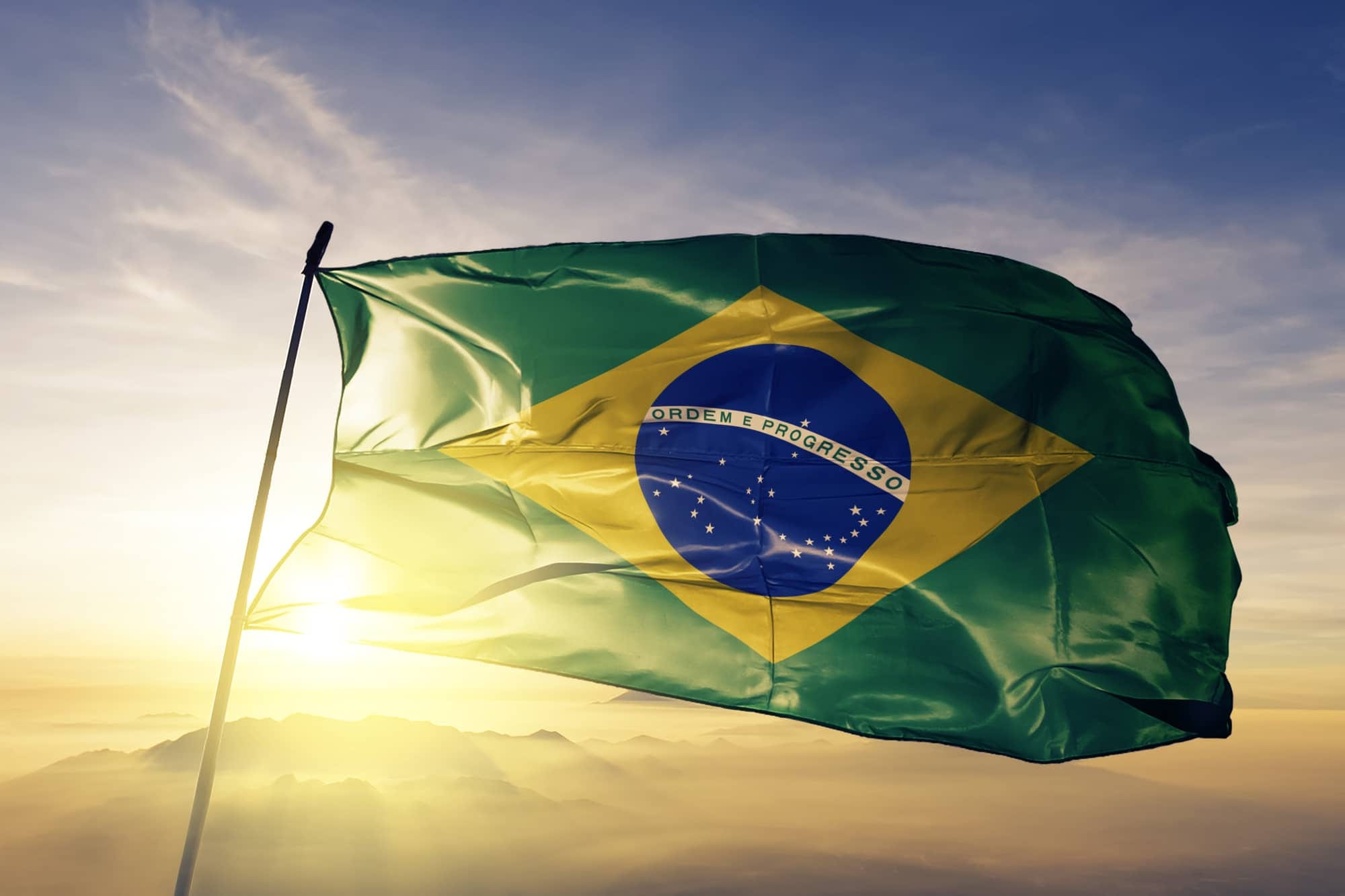
In 1822, Brazil gained independence from the Portuguese and formed its own empire. Brazil's first emperor was Pedro I. In his era, Brazil witnessed prosperity since coffee became one of the major exports of Brazil in that era.
Later his son succeeded him, but the country began to experience civil unrest. Finally, Brazil's short-lived independence ended with a military coup in 1889, and that's when Brazil's first republic came into being.
In this republic, regional conflicts existed, and political instability was witnessed. The first republic of Brazil remained operational till 1930. In 1930, another military coup took place, and a military dictator named Getúlio Vargas emerged.
In the era of Vargas, labor and social reforms were made. Moreover, industrialization started in Brazil, which boosted the economy of Brazil. Vargas also worked on developing Brazil's infrastructure. In 1945 Vergas's rule ended.
In the coming years, Brazil witnessed many changes in the government. At times there was democracy. However, at other times there was a military dictatorship. As a result, Brazil experienced severe political instability till 1985.
In these years, a lack of political stability caused inequality and crime to prevail in Brazil. In 1985, assemblies were restored, and Brazil witnessed a democratic government.
From then onwards, Brazil has remained a democratic country. Such political stability has resulted in steady economic growth. However, the country still sufferers from inequality and crime. Brazil has a GDP of almost $1.6 trillion, with a GDP per capita of more than $8500, which shows that the living standard of Brazil is not bad.
Now that we are done discussing Brazil's history, let's proceed and discuss what PESTLE Analysis is. PESTLE analysis is a tool that analyses the external factors that impact various businesses, industries, and countries.
Today's PEST analysis will examine how different external factors affect Brazil. So let's proceed further and conduct Brazil's PESTLE analysis.
Political Factors That Affect Brazil
Political factors are the factors that the government directly influences. Therefore, this section of the PESTLE analysis will examine how various political factors impact Brazil.
Government policies regarding business activity in Brazil impact Brazil directly. For example, suppose the government makes supportive business policies and shows support by providing tax exemptions and subsidies to businesses. In that case, businesses in Brazil will grow, which will cause Brazil to grow.
Besides that, political stability is essential in maintaining peace in a country. Hence, political stability is necessary for Brazil to keep the protesters off the street and progress realistically.
In addition, political stability can bring foreign direct investment to the country since investors know there will be no abrupt changes in government policies if there is political stability.
The increasing crime rate is a problem for Brazil.
A high crime rate inhibits foreign investment and tourism. Therefore, the government should implement strict crime laws to mitigate Brazil's crime rate. Once the crime rate in Brazil goes down, it will experience economic growth and peace.
Moreover, Brazil's international relations with other countries impact Brazil significantly. For example, suppose Brazil has a bilateral relationship with key economic powers such as China and India.
In that case, they can help Brazil to attain economic growth by investing in Brazil. Moreover, trade agreements with countries can help Brazil improve its economic condition.
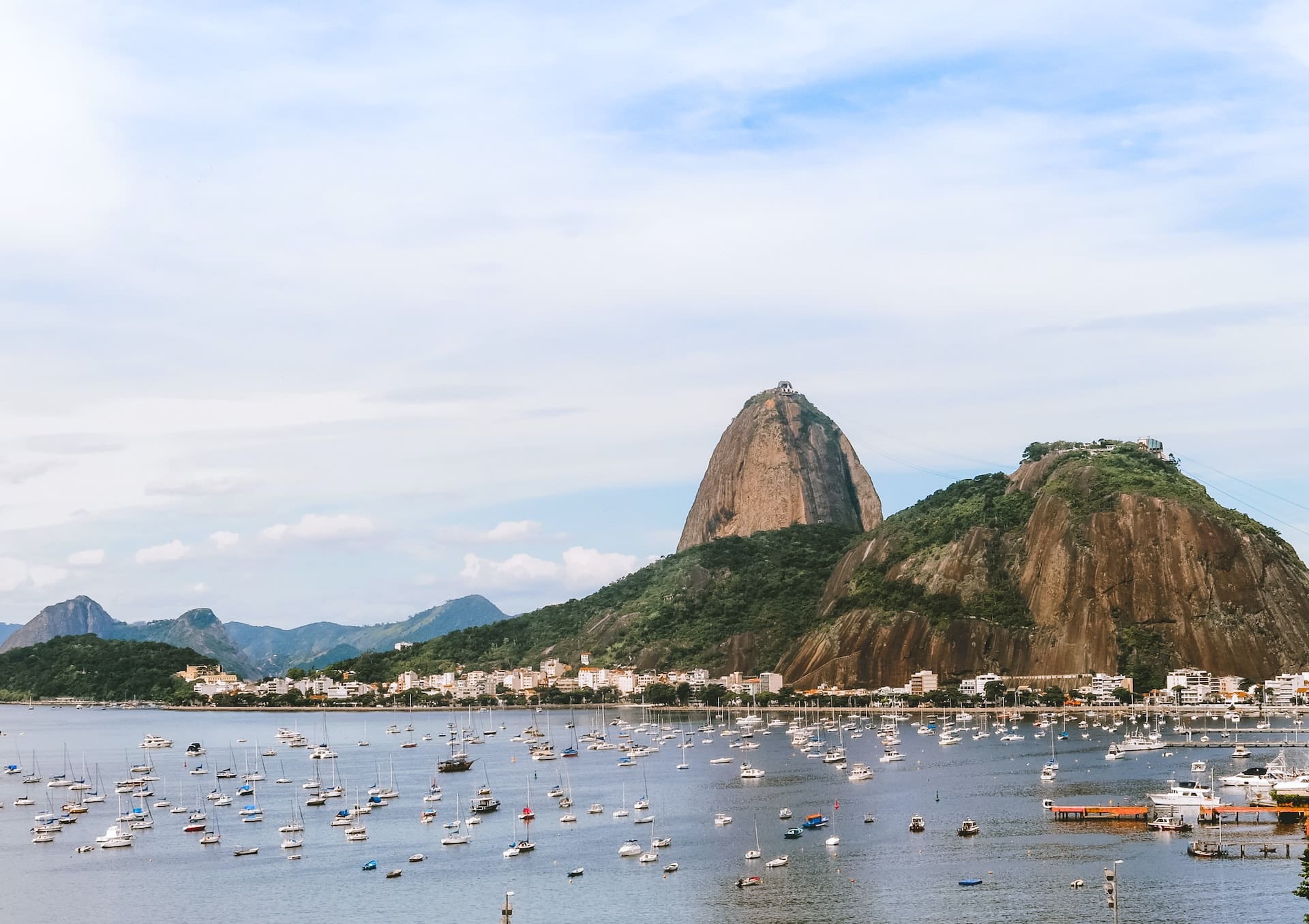
Economic Factors That Affect Brazil
Economic factors in a PESTLE analysis examine the factors that affect a country's economy. In this section, we will discuss what economic factors impact Brazil.
Various economic factors impact Brazi significantly. One of the key economic factors that affect Brazil is its interest rate. Interest rates in any country determine the level of spending and investment in an economy.
For example, suppose there are high-interest rates in Brazil. In that case, the country will experience low investments since people are incentivized to deposit their money in the banks.
Moreover, higher interest rates make it difficult for investors to take loans since they have to pay a higher interest rate. Hence, high-interest rates impact Brazil's economy negatively.
Other than interest rates, the level of inflation impacts Brazil. When a country experiences high levels of inflation, the disposable income of its people falls. Due to this, their demand for consumption falls. Therefore, high inflation is bad for the Brazilian economy since it mitigates economic growth.
Furthermore, Brazil imports mineral fuels worth almost $49.5 billion each year. Hence, it requires a stable exchange rate with respect to the US dollar.
Therefore, frequent fluctuations in Brazil's exchange rate with respect to the dollar can cause oil prices to fluctuate in the country, which in return, will cause prices in the economy to fluctuate.

Social Factors That Affect Brazil
Social factors play an important role in any economy. So let's proceed and look at how various social factors affect Brazil.
Brazil has abundant resources and a talented workforce. However, its increasing crime rate stops the country from progressing. Brazil has a high crime rate.
People are involved in gand wars, homicides, and drug cartels, so the country cannot achieve its true potential. Moreover, high crime rates cause fear among investors, tourists working professionals. Hence, they avoid visiting Brazil.
Another social factor that impacts Brazil is its increasingly elderly population. Currently, 14.3% of Brazil's population is considered elderly. Such a high percentage of the elderly population is a drawback for Brazil since a large number of elderly citizens cause a burden on the healthcare system.
Moreover, as the number of retired people is increasing in Brazil, the government will face a huge burden of pensions. This will cause the economy of Brazil to cripple.
Furthermore, cultural diversity has a significant impact on countries. For example, Brazil is a country subjected to great cultural diversity.
More than 305 ethnic groups live together In Brazil, and 274 languages are spoken in the country. However, such diversity can cause conflicts among different ethnicities and lead to unrest in the country.
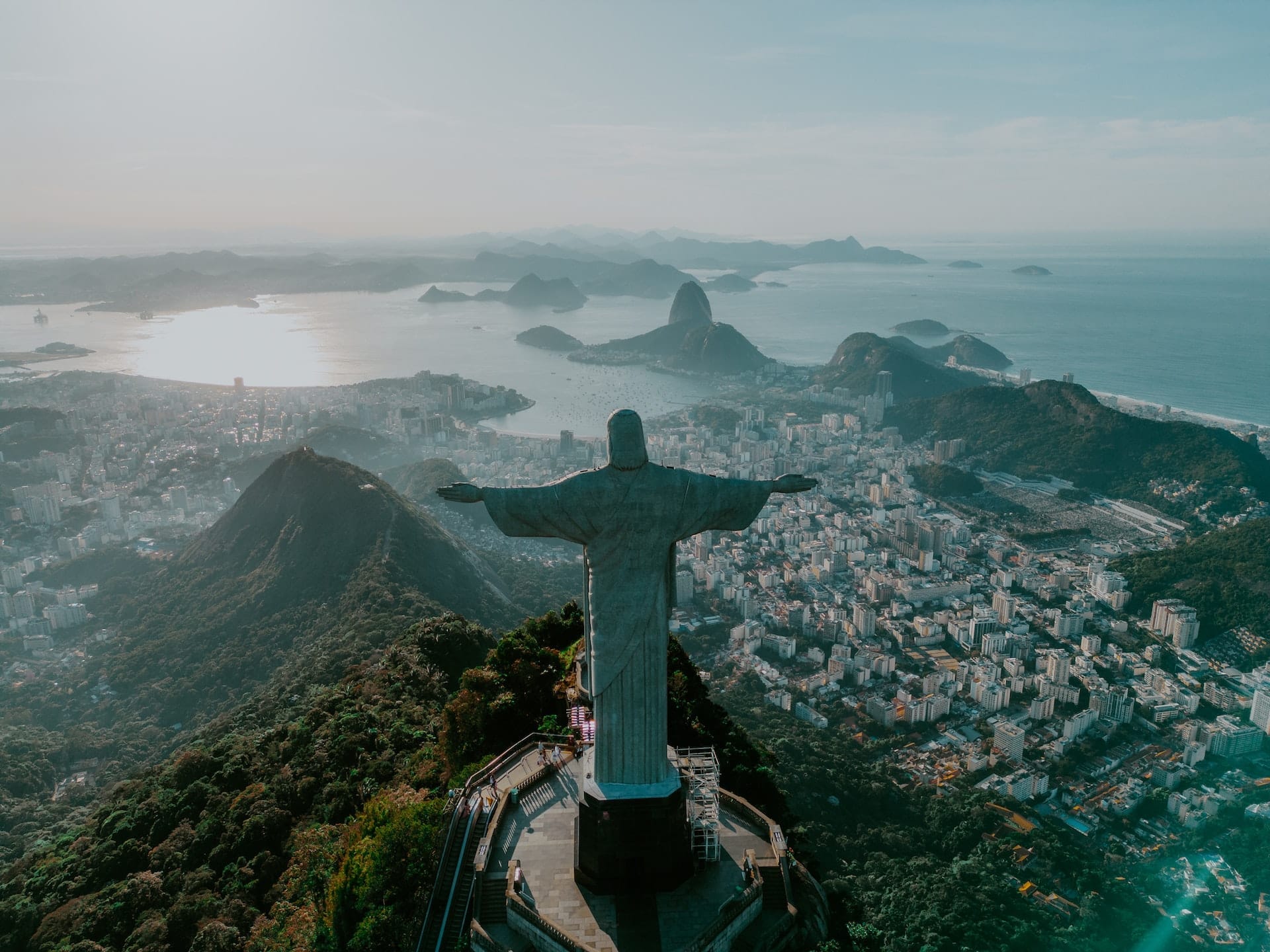
Technological Factors That Affect Brazil
Different technological factors impact countries significantly. This section of the PESTLE analysis highlights several technological factors that impact Brazil.
The digital infrastructure of a country impacts a country notably. Countries with developed digital infrastructure and access to mobiles, TVs, and laptops tend to be more socially aware. The Internet increases awareness among countries.
In Brazil, almost 90% of its population uses the Internet. Such great penetration of the Internet in Brazil positively impacts Brazil since the Internet provides awareness and earning opportunities to the people of Brazil.
Another important factor that plays an important role in the progress of any country is its aptitude toward R&D. Countries that practice R&D tend to compete well in markets.
Brazil spends around 1% of its GDP on R&D. This percentage of expenditure on R&D is very less. Brazil must spend more on R&D to attain a competitive advantage over all other countries.
A major problem for Brazil is corruption. It has been trying hard to decrease the increasing levels of corruption. One of the ways through which Brazil can control corruption is by adopting digitalization. If Brazil digitalizes its economy, it will become difficult for people to practice corruption.
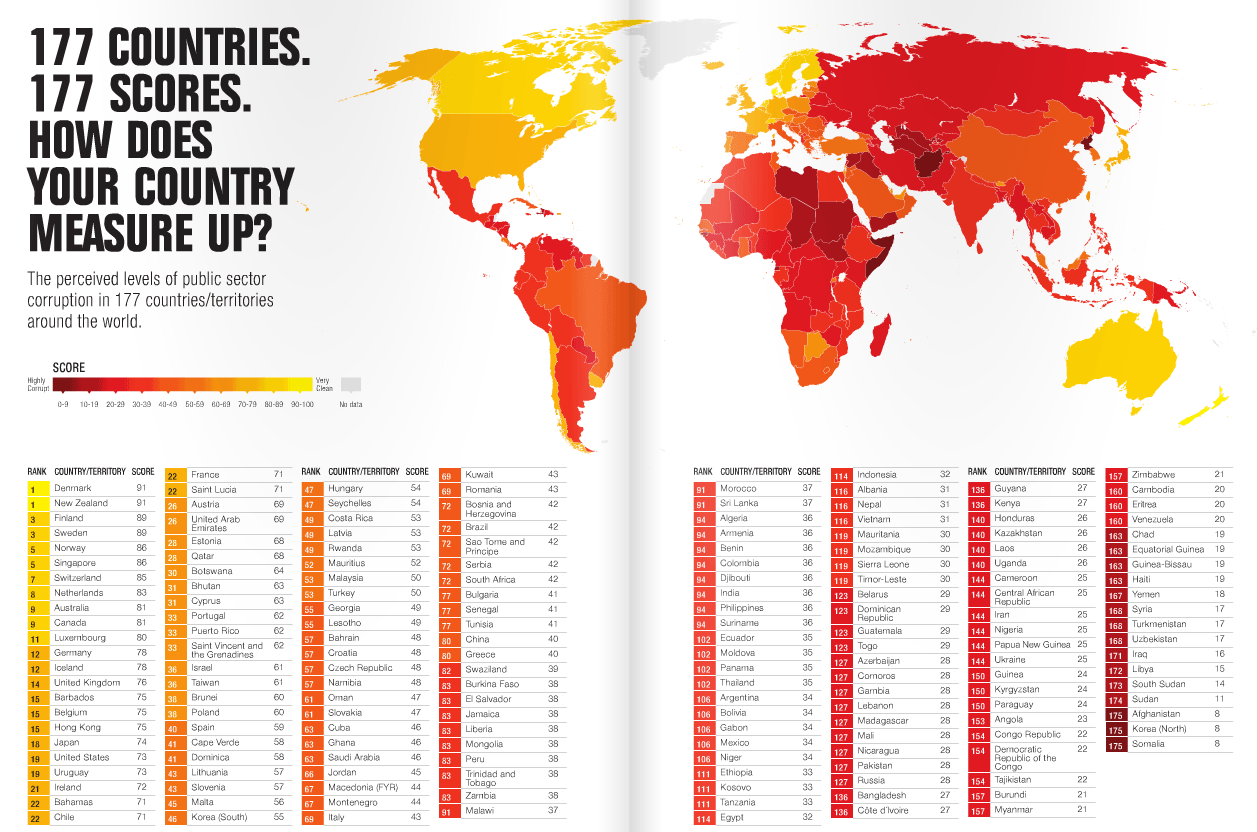
Legal Factors That Affect Brazil
Laws are an important part of any country since they guide people on how to live in that country. So let's examine what legal factors impact Brazil.
Various laws have a significant impact on Brazil. One of the laws that play a vital role in keeping Brazil's economy running is the labor law. Brazil needs strict labor laws that protect the rights of laborers.
The absence of strong labor laws may result in protests among the workforce which will cause unrest in the country. As a result, Brazil will suffer.
Besides that, strong privacy and data protection laws are very important for Brazil since a large percentage of its population uses the Internet. It is the government's responsibility to protect its citizens from all kinds of fraud and cyberbullying on the Internet.
Data protection and privacy laws also hold great significance since they protect businesses operating in Brazil. Weak data protection and privacy laws may pave the way for data theft and breaches. This can cause businesses to shut down or move to different countries with strict data protection and privacy laws.
Furthermore, tax laws in Brazil impact both individuals and businesses. Strict tax laws will force people to pay taxes. Otherwise, they would easily evade them. Strict tax laws will ensure tax collection. Otherwise, Brazil won't be able to collect enough tax to fund its expenditures.
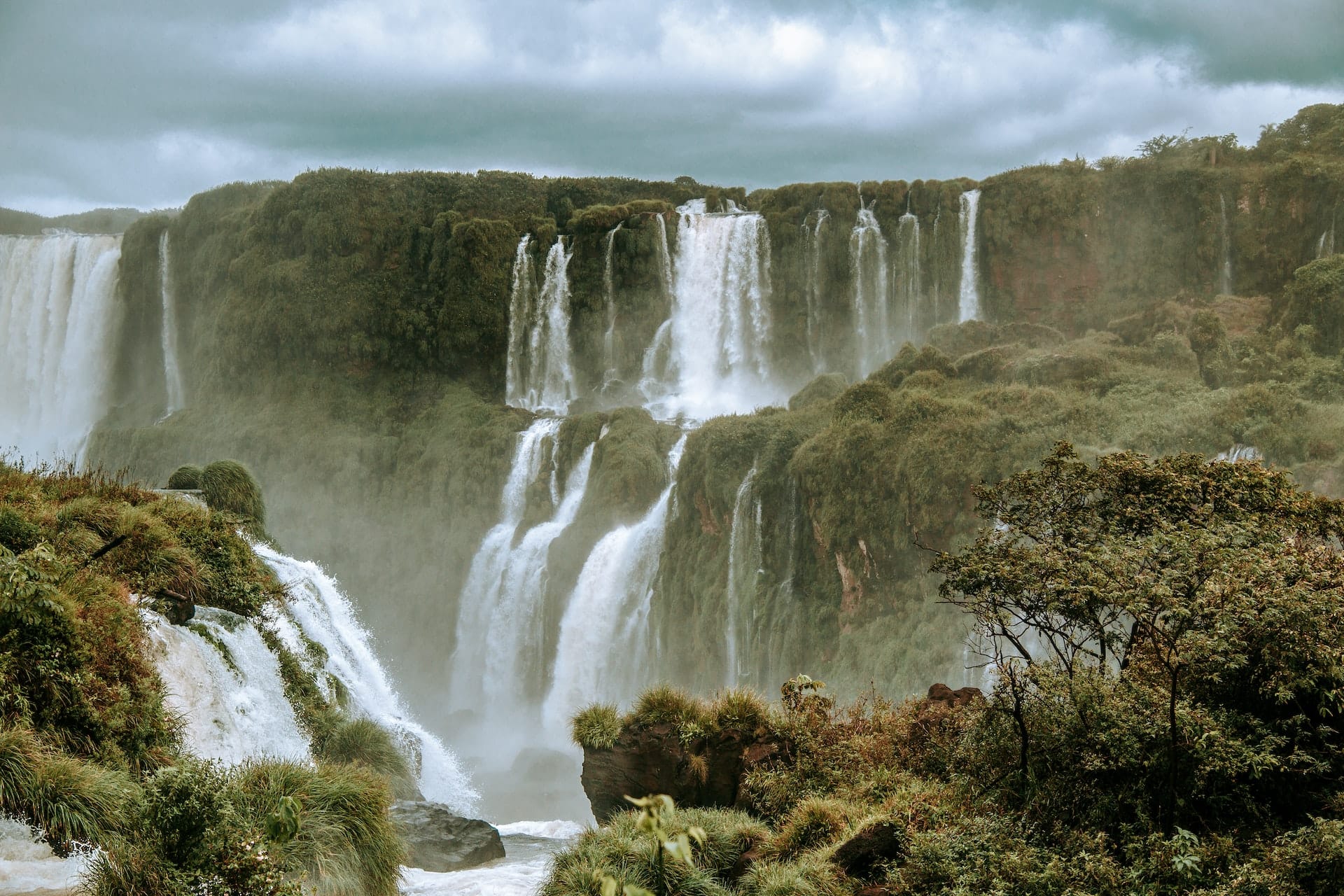
Environmental Factors That Affect Brazil
Environmental factors have a great impact on countries. This section will examine how different environmental factors impact Brazil.
Countries have started paying more attention to the environment after witnessing the disasters such as floods, heat waves, and storms that global warming is causing.
Unfortunately, as the frequency of natural disasters is increasing, Brazil can be one of the countries that suffer great losses.
Besides that, Brazil consumes a large amount of fossil fuels. This fossil fuel consumption causes the emission of greenhouse gases that cause global warming. Global warming can cause extreme weather and heat waves to occur in Brazil, making living conditions tough and burdening the healthcare system of Brazil.
Other than that, the consumption of fossil fuels causes air quality to worsen, which causes lung diseases and infections. The poor air quality will also burden the healthcare system and might cause it to collapse.
Moreover, people pay attention to waste management in the country. Brazil has to ensure that businesses are not dumping their waste in local water bodies or disposing of it without recycling it. By doing so, Brazil can protect its environment and scenic beauty, habitat for thousands of species.
Furthermore, Brazil should focus on making laws that ensure the use of catalytic converters by factories. This will cause air pollution and problems like smog to decrease. Hence, the overall air quality in Brazil will improve. In addition, this will encourage tourism and benefit the economy of Brazil.
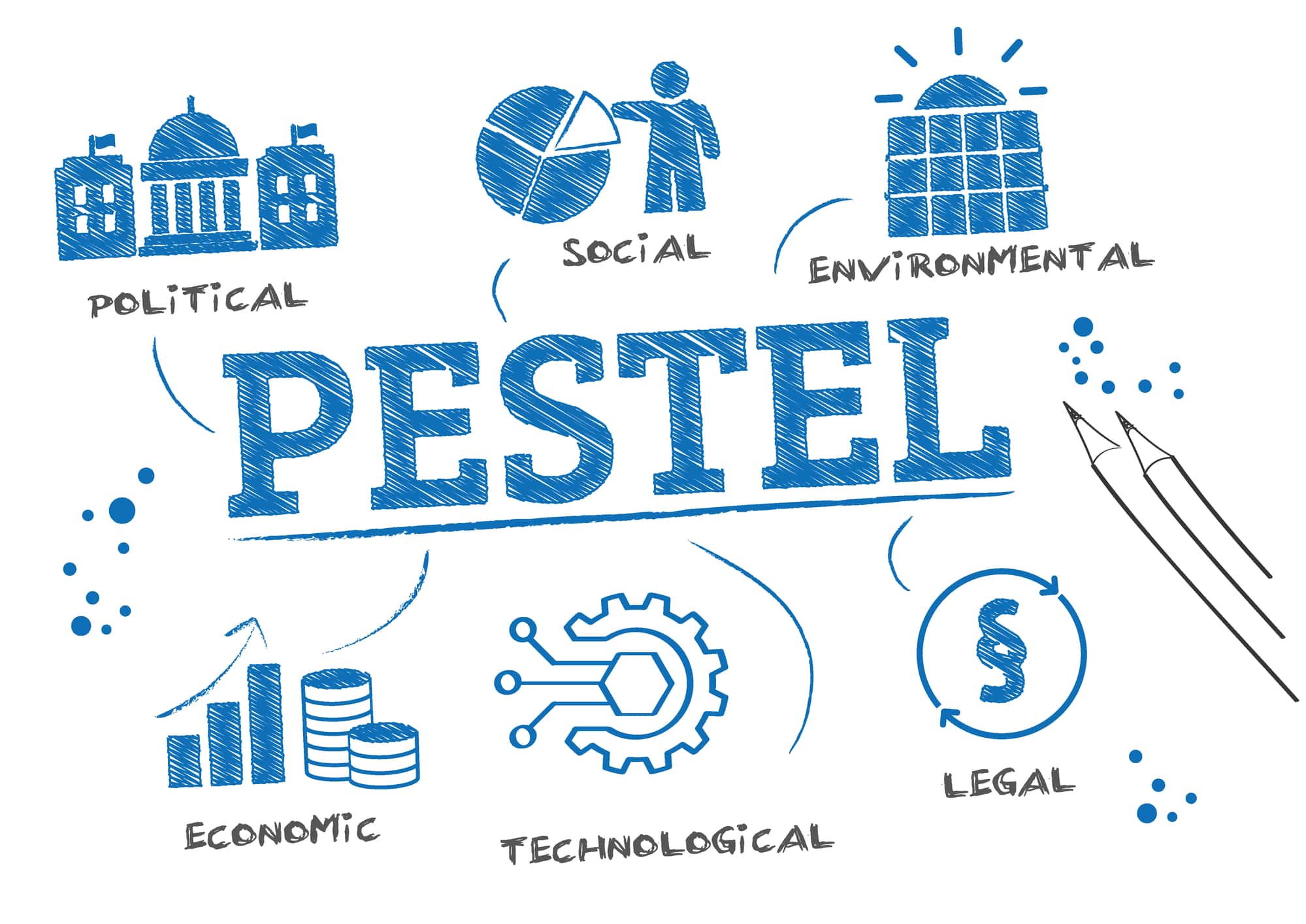
PESTLE Analysis of Brazil: Final Word
Brazil is a land of diversity. People of different ethnicities and religions live together in Brazil. The country is famous among tourists due to its rich culture and scenic beauty. Brazil has a vast history consisting of centuries.
It was once colonized by the Portuguese. However, later it gained independence. Brazil has seen democracy and military dictatorships. For a long time, there wasn't political stability and continuation of democracy in the country.
Brazil evolved, and since the 1980s, Brazil has been a democratic country. However, currently, Brazil is facing many internal challenges, such as a rising crime rate, an increasing percentage of the elderly population, and increasing corruption.
However, we conducted Brazil's PESTLE analysis in this article to see what external factors impact Brazil. The PESTLE analysis framework allowed us to examine various external factors that impact Brazil. Read our full guide on how to conduct a PESTLE analysis yourself and make sure not to miss out on more PESTLE analysis examples.










